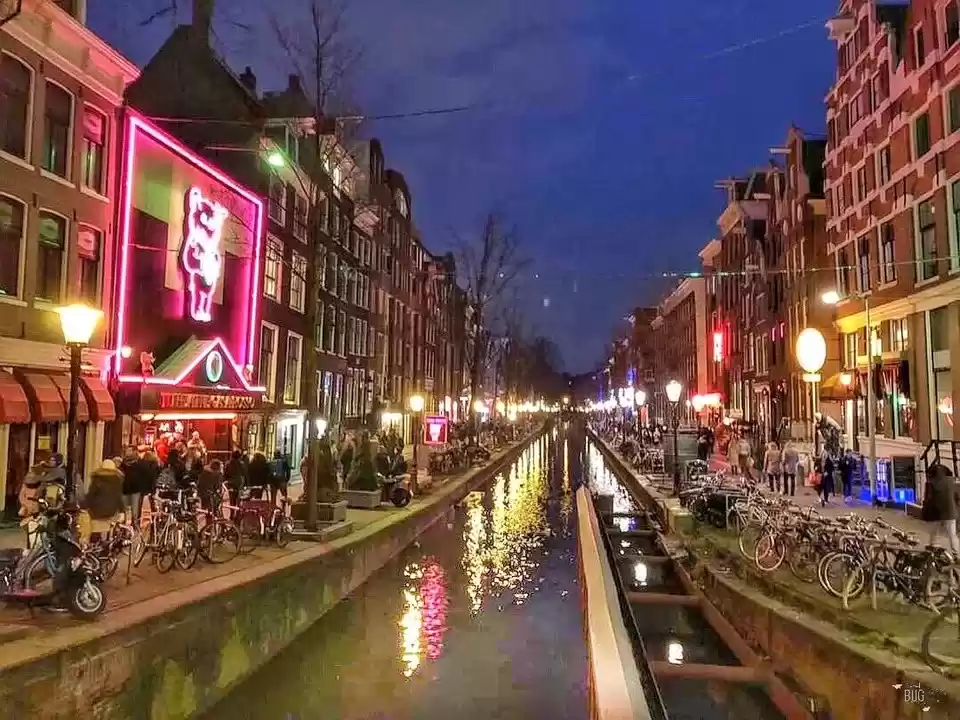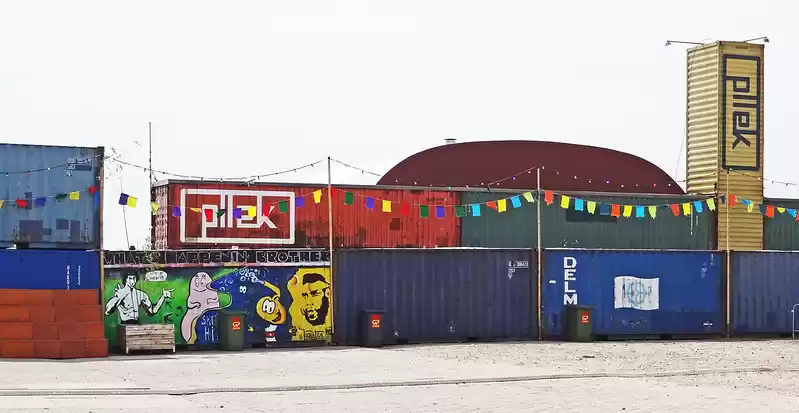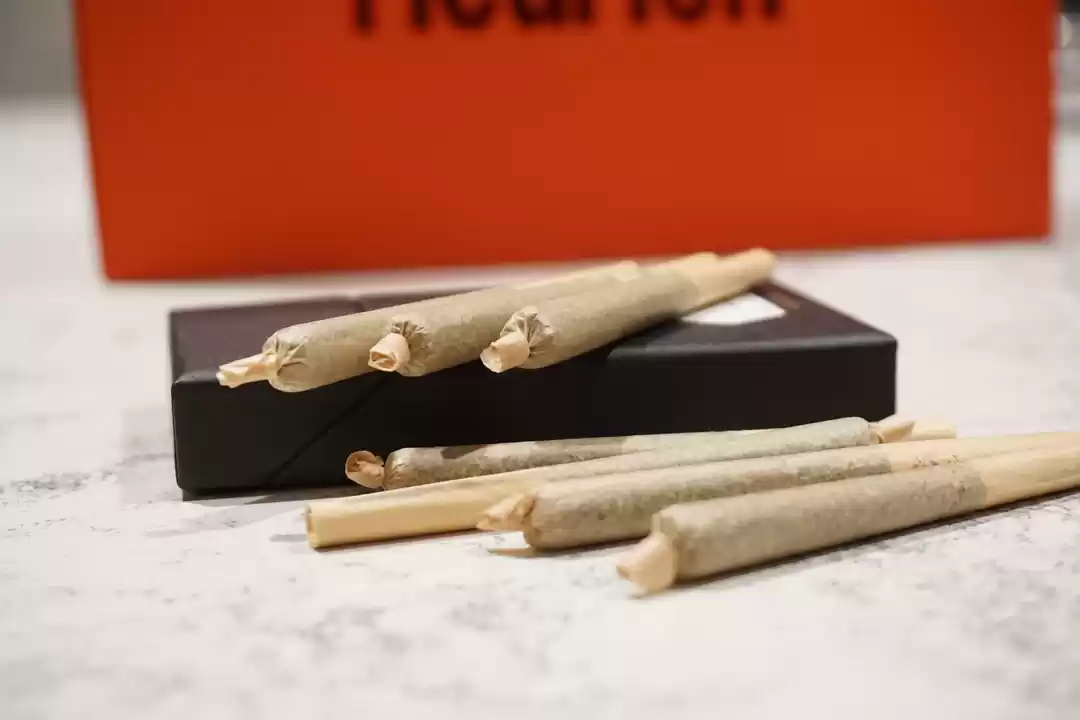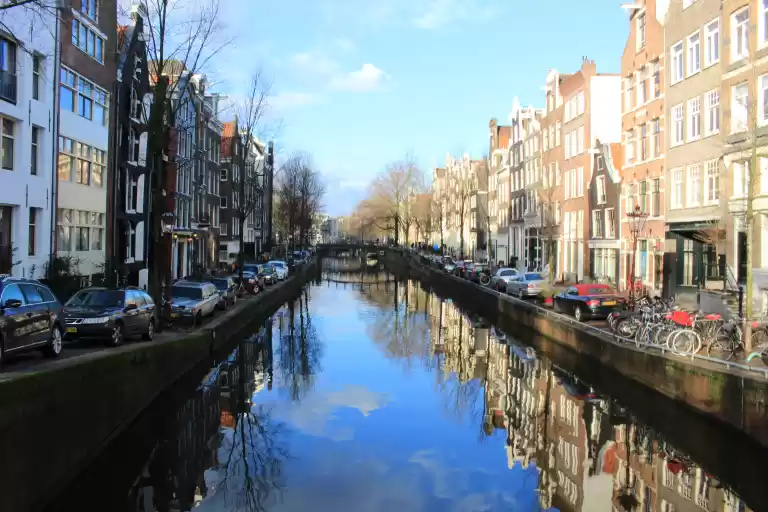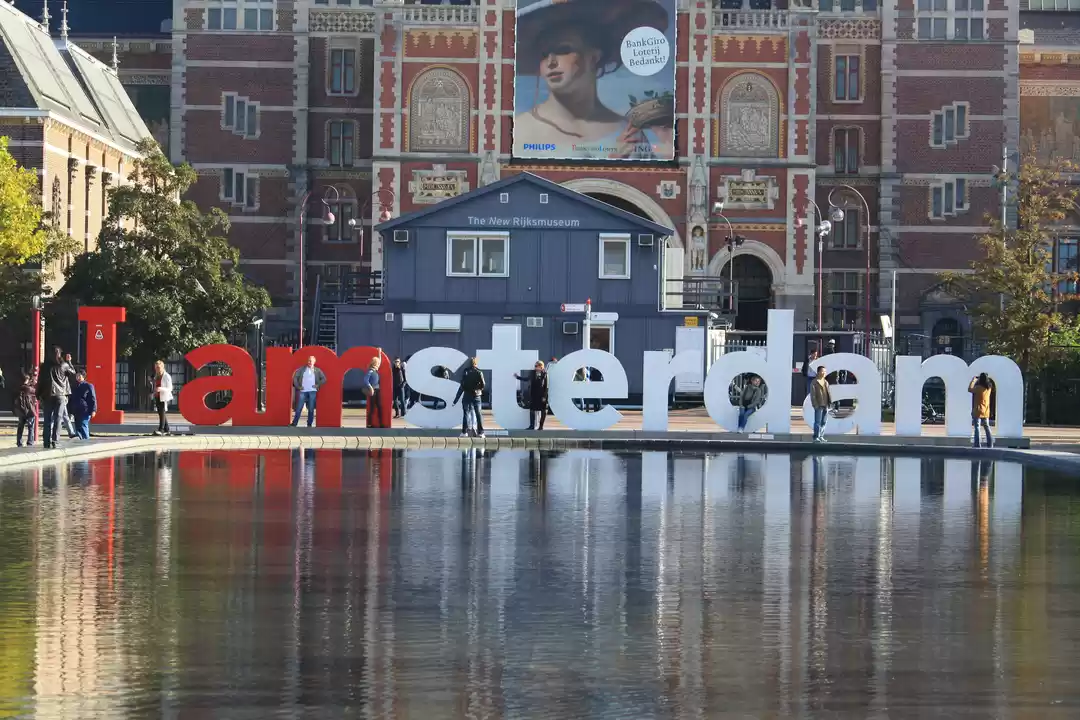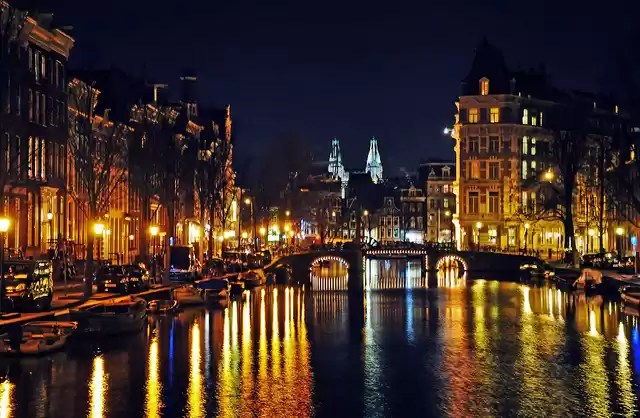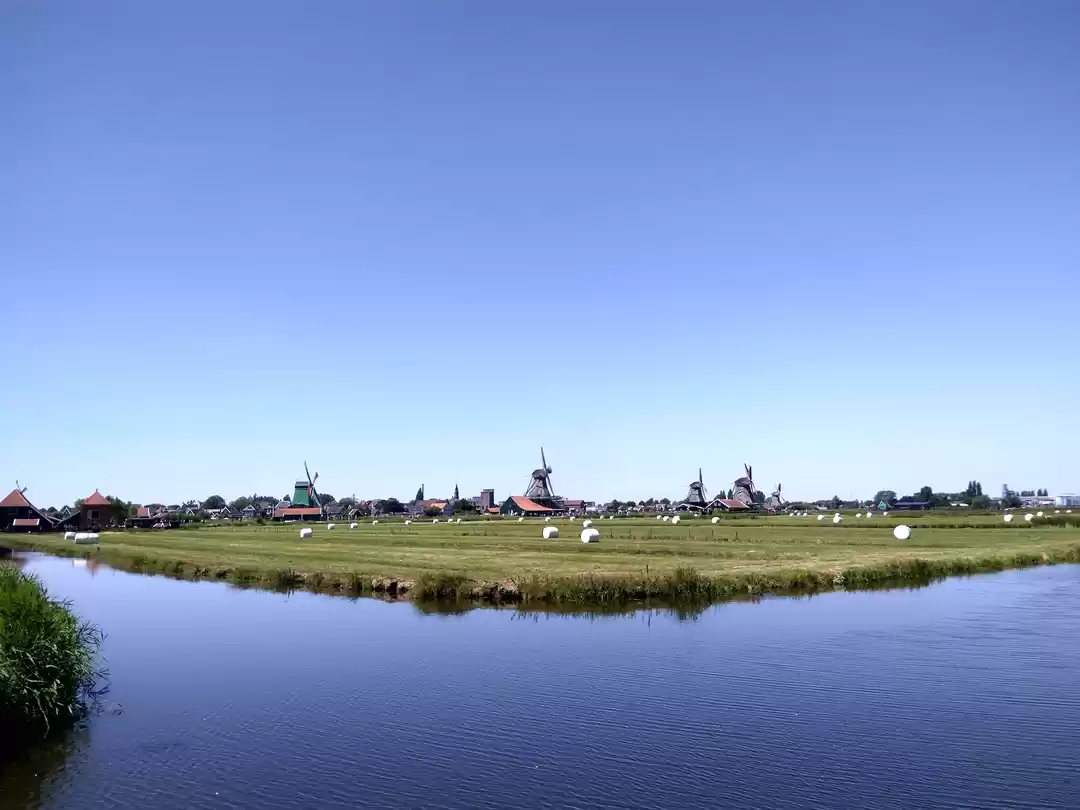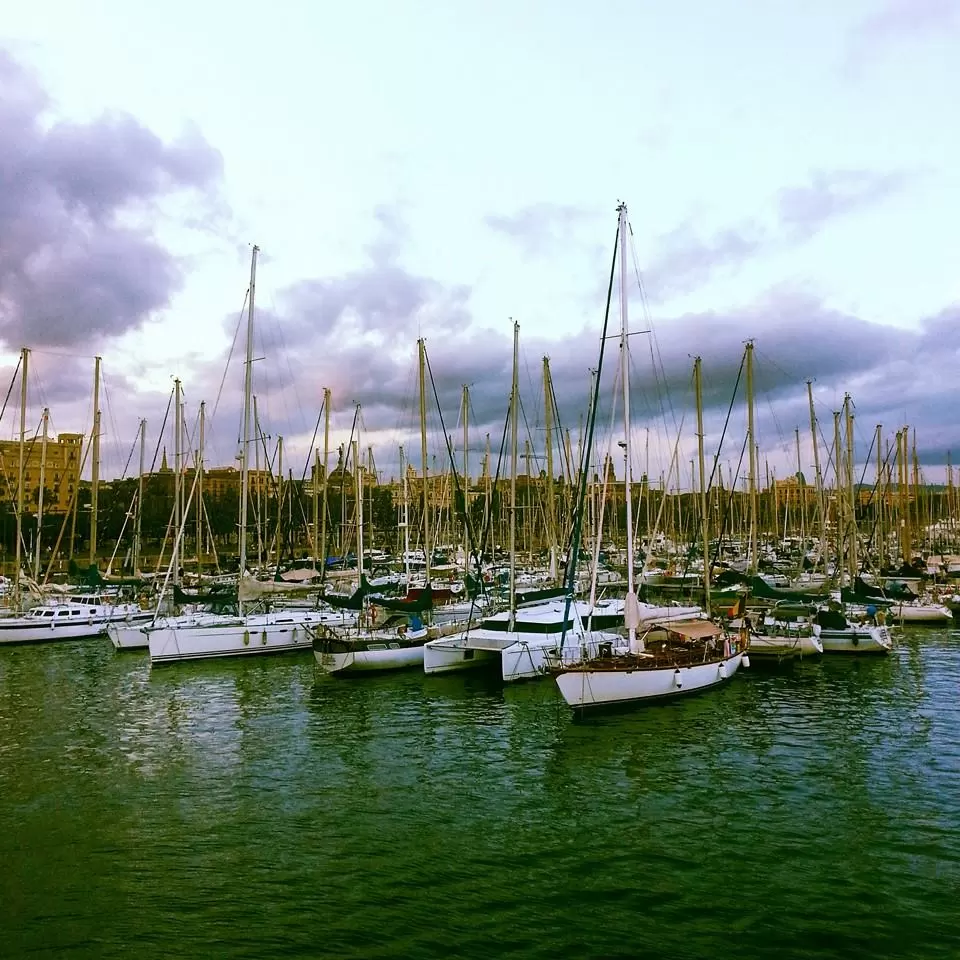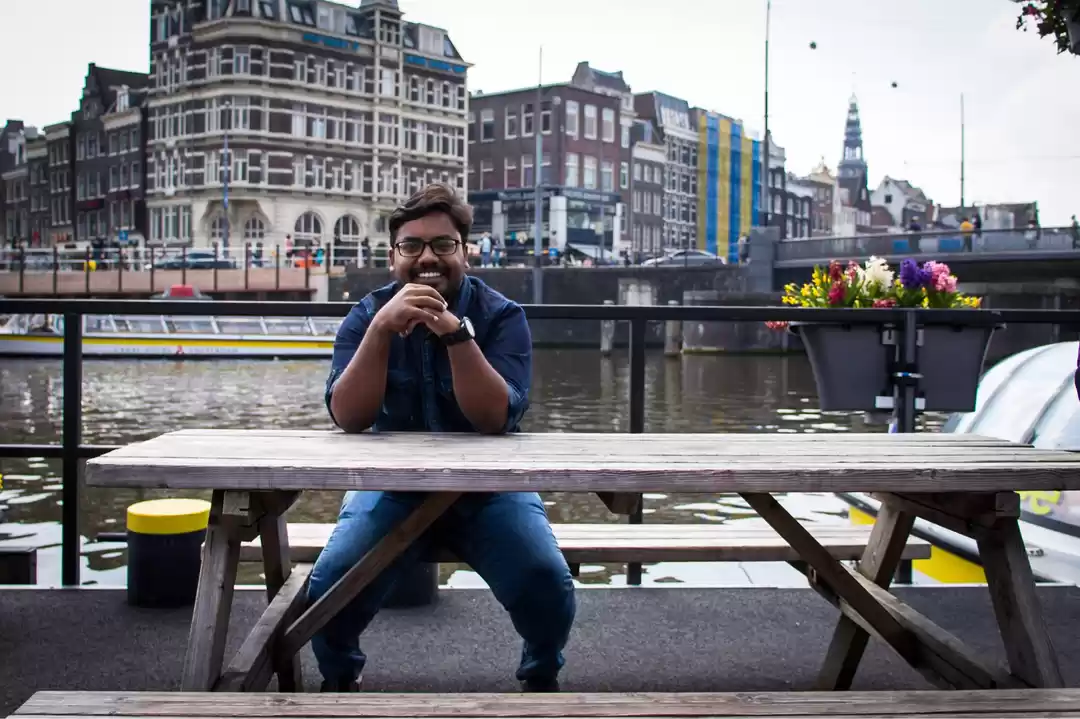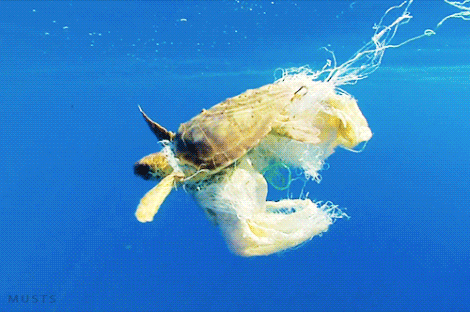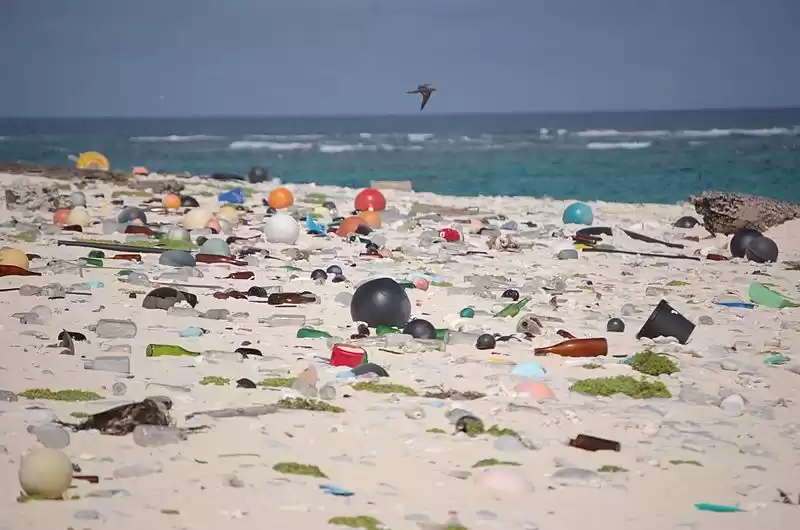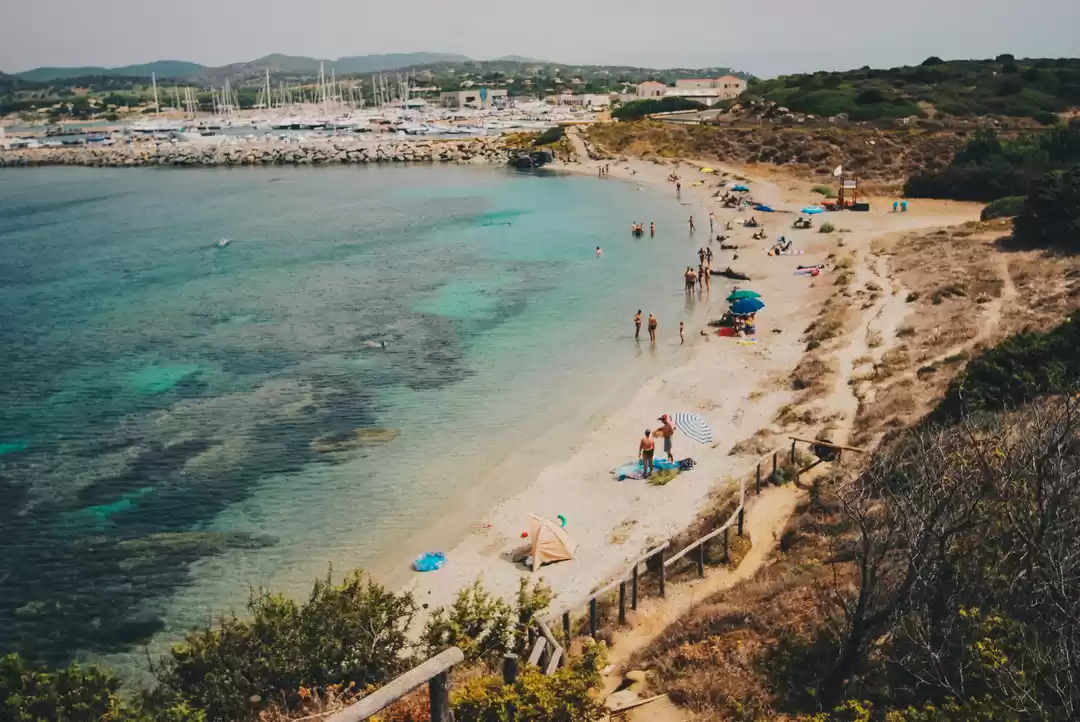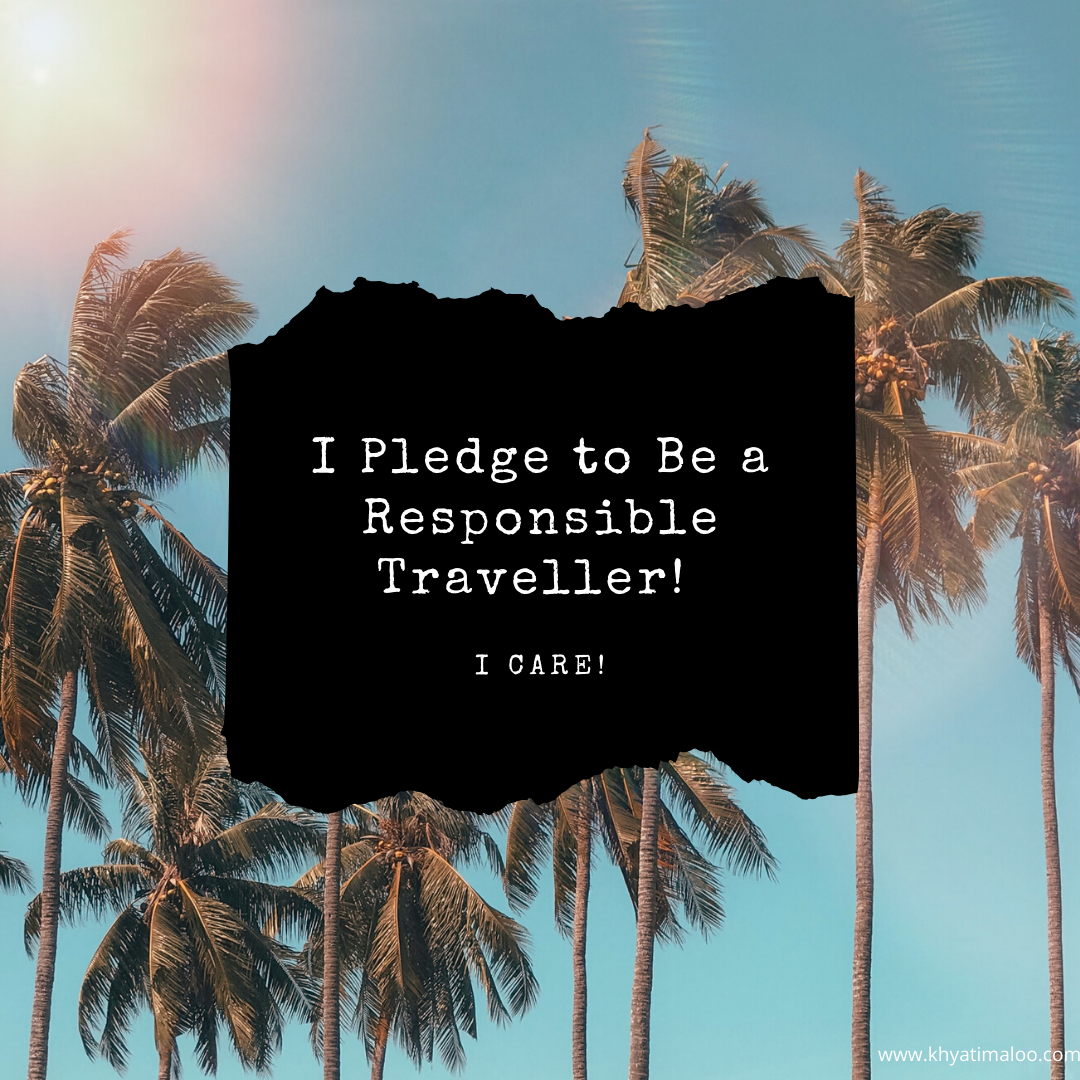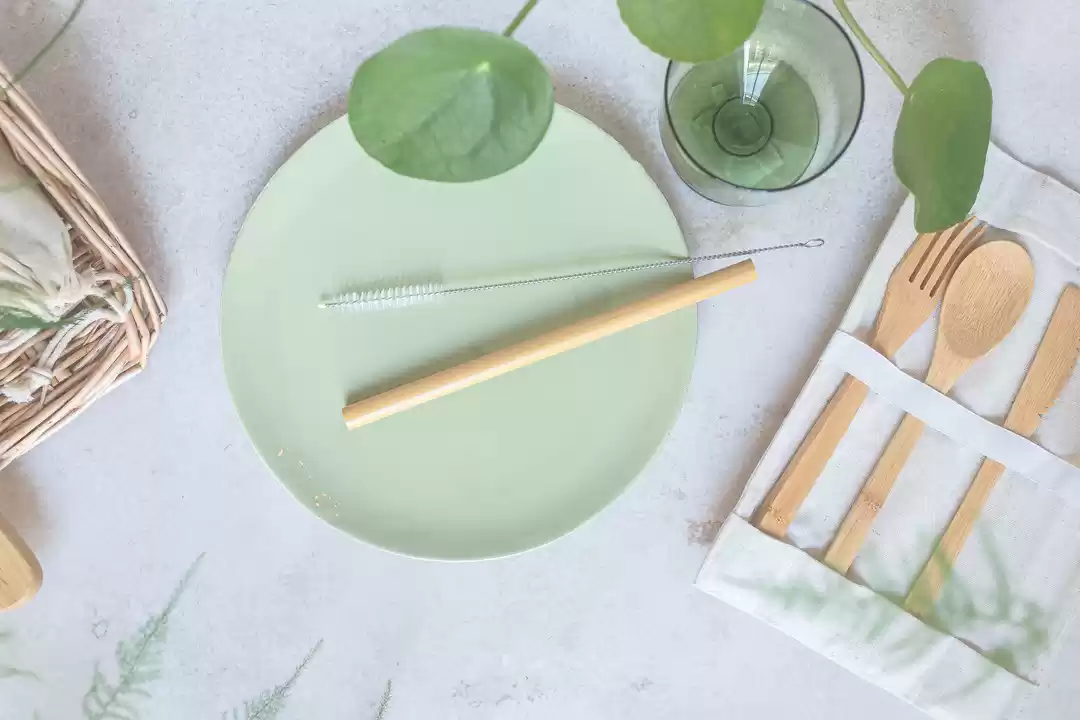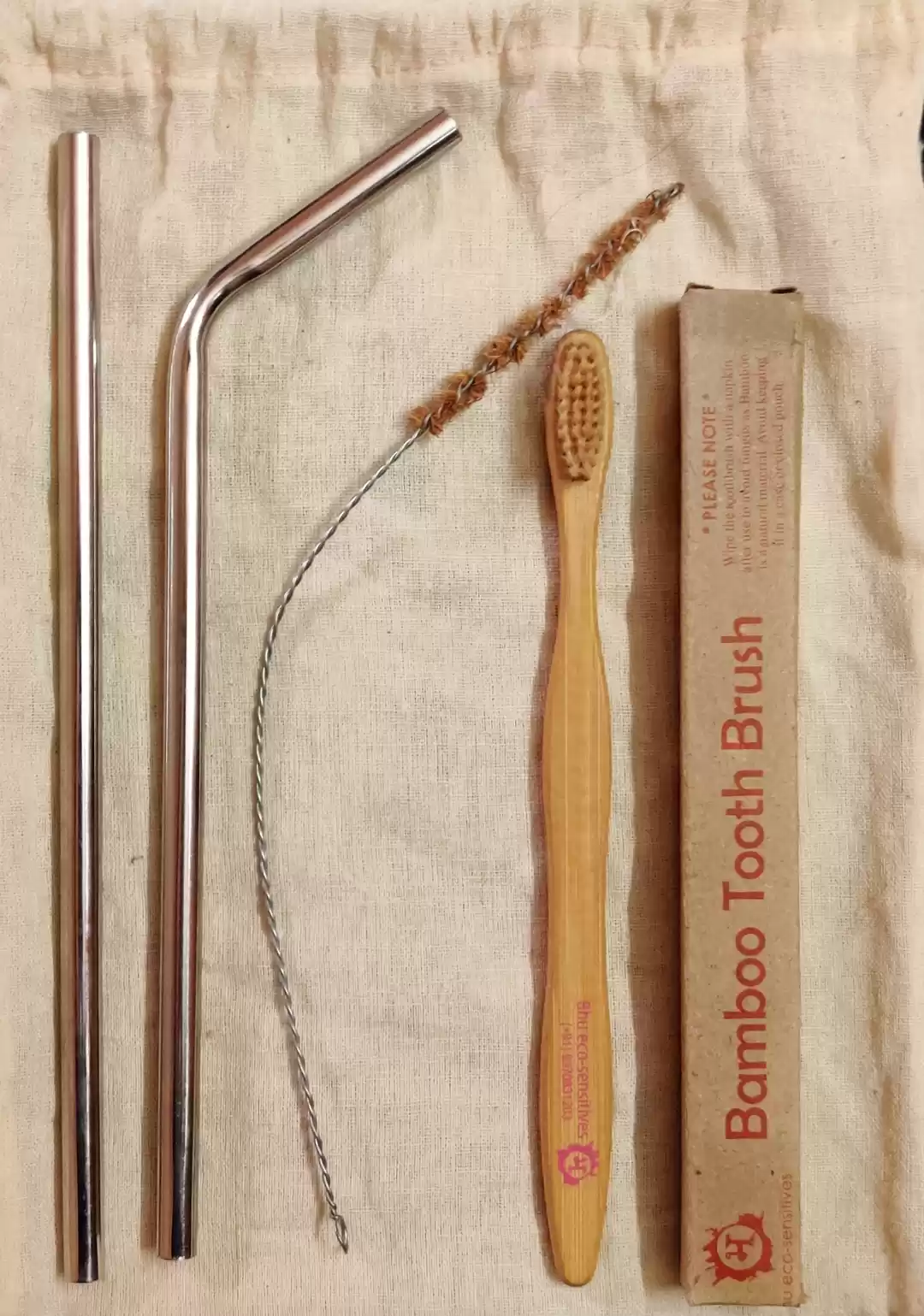
If you're reading this article, you already know this: the plastic problem is VERY real.
It's in the oceans, it's choking our rivers, clogging our coastlines, stuffing the landfills, and there's no end.
Through years and years of use and abuse, we've arrived at a time when plastic is so pervasive that it has found a way to enter our bodies. Studies have shown that humans consume anywhere between 39,000 to 52,000 microplastic particles a year. So for everyone who worries about eating fish containing plastic, newsflash: tons of plastic exists in our bodies already.
The bigger issue, though, is not just the use of plastic, but its longevity. Plastic can take around 400 years (or longer) to decompose - which means that the seemingly harmless plastic bag you picked up your groceries in will hang around for another seven generations from now.
The Link Between Plastic and Travel
As travelers, we're always caught on the horns of a strange dilemma: In the quest to see more of the beautiful world we live in, there's the downside of inadvertently contributing to wrecking its beauty. And with the increase in connectivity and accessibility, a lot of places are suffering from overtourism and its impact.
I wrote about my own impression of Amsterdam - one of the prettiest cities in Europe is now fraught with hoards of tourists, plastic bottles strewn everywhere, cigarette buds floating about in canals, you get the picture!
In the last few weeks amidst the lockdown, we've seen how the environment is recuperating in a way. We've given it time to breathe by slowing down ourselves.
Our jet set lifestyle, coupled with a throwaway culture and a general lack of environmental consciousness isn't something that can be sustained for long. And it's our responsibility to cut down our impact to the bare minimum, PARTICULARLY when we travel.
Travel is intrinsic to our personal growth and aspirations but there are some really easy things we can do towards reducing our plastic footprint while traveling.
These are a few ways to make our travels plastic-free (relatively).
1. Swear off the Straw
Denouncing straws is all the rage. Social media is loaded with photos of millennials calling out restaurants and bars that still use plastic straws, and tons of people posting Insta-worthy pictures of their newly bought stainless steel ones.
But giving up straws is not just something that's cool. This product seems really simple on one hand, but can easily slip through the cracks during the recycling process and make its way into the oceans. Millions of sea animals ingest these straws on accident or by mistaking it for food.
The reason behind the public outcry, though, is that straws are really something you can easily do without!
So no matter where you go, just build a habit to say no to plastic straws, or straws in general. Remember to request for skipping the straw ahead of ordering your drinks, for example. You really don't need them - You KNOW you don't. Drink straight up! Or if you must, invest in these bamboo straws from Amazon - they're reusable!
2. Stop Buying Plastic Bottles of Water
A recent statistic reveals that we're buying a million plastic bottles a minute. Can you imagine the sheer preposterousness of that number?
When traveling, it's easy to get carried away and buy a water bottle here or there. But these can quickly add up and put a big dent not only to the environment, also to your budget. And for nothing!
Most countries in the developed world have drinkable tap water so it's pointless to spend money on buying plastic bottles. You can easily carry a water bottle and fill it up at the airport (the tap there is free to access).
If you're traveling to a place where tap water isn't suitable for drinking, you can invest in a water filter bottle. I use this amazing filter bottle from Brita. It has a built-in filter and 26 oz capacity. It's perfect as I can fill up water on the go, and the filter just spins its magic and cleans up my H2O 😉
3. Invest in a Coffee Mug
This is especially important if you get coffee to go, often.
Regardless of whether you're traveling to an exotic location or simply heading to work, if you're stopping every day to pick up a coffee, invest in a good coffee mug.
The disposable coffee mugs at cafes are lined with plastic. They're made this way so they can hold our drinks, but the plastic is very hard to recycle.
I don't usually do coffee runs, but I still keep a coffee mug with me when I travel. You never know when that coffee craving might kick in. We can't take chances - EVERY disposable coffee mug contaminates the environment.

4. Bring a Takeout Container
I'm a small eater. I order a full portion and invariably get some of it packed for later.
There was a time when I would get my leftovers packed in the styrofoam containers most restaurants offer. Styrofoam (or Thermocol) is made of polystyrene, which is a petroleum-based plastic. Over the years, these containers would have added up and made their way to coastlines and landfills. Who's responsible? I am.
I now make a conscious habit to carry a takeout container whenever I step out to eat. Even when I'm traveling, it helps as I can get leftovers or simply pick up something to go from a local eatery.
It doesn't have to be grand - just carry an average-sized box when you travel. It won't take up a lot of space but it'll really absolve you of the guilt of getting food in a plastic or styrofoam container.
5. Carry Your Own Cutlery
Just like takeout containers, disposable cutlery is mostly made of plastic and can't be used longer than once. 40 billion plastic utensils are used and trashed every year. All of this is wasteful and accounts for avoidable carbon emissions.
While packing for your travels, make a point to carry a set of cutlery. Just a fork and spoon should suffice. You already have loads of it in your kitchen drawer. Just flick a set from there and you're good to go!
Or you could buy a set of bamboo cutlery ( these bamboo 'sporks' are gorgeous) to take along on your trip!
6. Carry Your Own Bag
One great way of mingling with the culture of a place is to visit its local markets. This gives us an opportunity to meet with the people, develop a cultural understanding, partake in the routines of the neighborhood and support the livelihoods of traders.
Visiting local markets and shopping for anything from groceries to souvenirs can help give us a slice of the everyday life of a city. So while you're visiting the around-the-corner shops and making purchases, be sure to carry a mesh/cloth bag so you can avoid the ubiquitous plastic bags. In fact, a lot of places charge extra for the bag so you might even save on that unnecessary expense by being prepared in advance.
7. Carry Your Own Headphones/Earphones
While we're on the subject of carrying your own stuff, let's talk about how wasteful the earphones provided in airlines are.
They're packed in plastic. They're made of plastic. They're disposable. Which means that entire package lasts just as long as your flight. After this, it will inevitably be discarded.
In-flight entertainment is great but you don't need a special pair of earphones for this. Your regular ones (the ones you use otherwise) will do just as well.
Whenever you're taking a flight, bring your own earphones or headset - you know they're better quality, too! And a small step like this can go a long way in saving the planet 😀
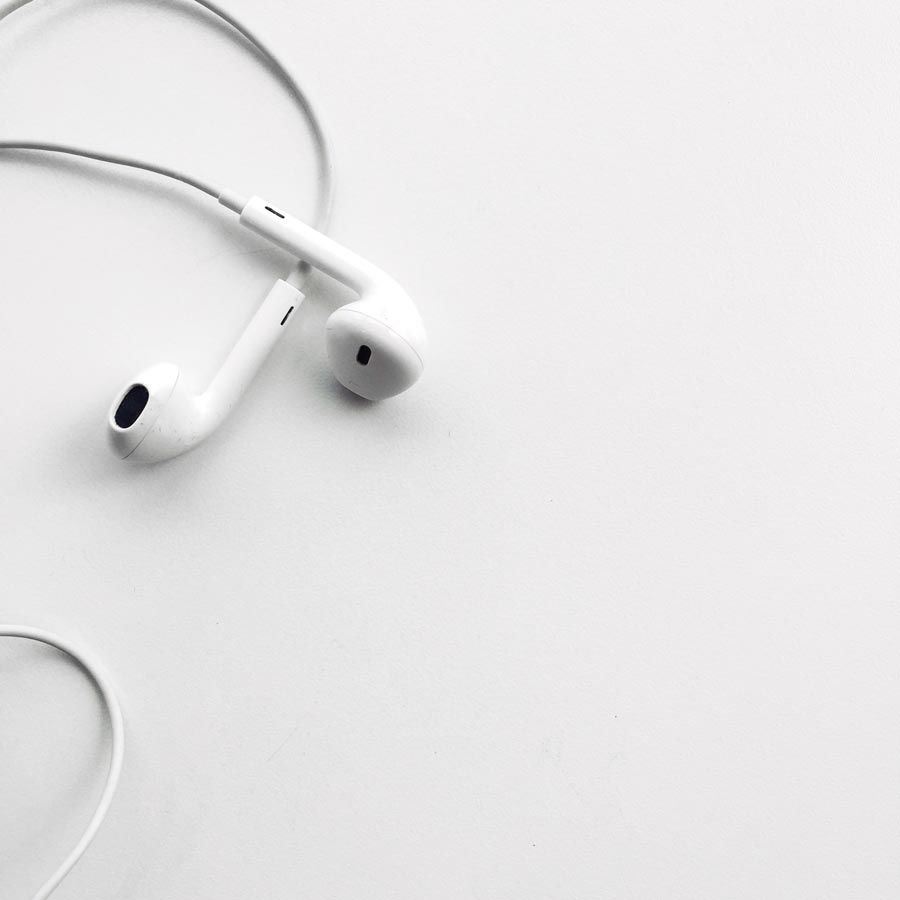
8. Take Toiletries with You
Hotels are convenient, sure, but a big downside to the suitcase life is having to use disposable containers for shampoo, conditioner, toothbrush, moisturizer, etc. All those toiletries are packed in wee plastic bottles that go straight to the bin, once empty.
While a lot of chain hotels are moving away from providing toiletries in plastic bottles and opting for bulk dispensers, the hospitality sector at large has a lot of catching up to do. The only way to absolutely ensure we don't fall in the trap and end up using inessential miniature plastic bottles, is to carry our own supplies.
I particularly love the fresh, fruity fragrance of the Ethique Heali Kiwi shampoo bar. It's definitely more convenient than lugging a big bottle of shampoo. You can also look up Lush Cosmetics for their ethical products. A moisturizer, shampoo and soap bar will be enough to save you so many plastic bottles of toiletries.
I also recently bought this set of bamboo brushes and it's a super sweet deal. The bristles are soft and charcoal-infused, and it's SO MUCH better for the environment.
But like I said, these tips have to be easy for you. Even if you're not quite ready to take the leap and switch to bamboo brushes and shampoo bars, just make sure you carry your own toiletries from home when you travel - plastic or not. This will still help you avoid using those single-use disposable ones in hotels.

9. Pick up the Trash
This might sound really difficult on the face of it - picking up trash has a sort of a stigma to it.
Most people look at trash and think, "If I didn't drop it, why should I pick it up?"
Especially in tourist destinations, it's quite commonplace to spot at least some amount of litter here or there. It honestly breaks your heart to see people trashing such a beautiful place and then complaining about how dirty it is. Ironical!
When you're visiting a new place, or even if you're walking around in your own city, carry a bag with you and if you spot the occasional piece of trash, pick it up and dispose of it. Or put it in your bag until you find a bin nearby.
It might seem like this is asking for too much, or that this won't make a big difference, but that's okay. You do your part.
I'm going to say something really cliched but true: If you see dirt in your own house, you'll clean it up asap. Why not do that outside, too?
10. Be Mindful
All said and done, responsible travel is all about a mindset shift.
The only way to move forward is to first understand where we currently stand and what's holding us back.
If you're truly looking to make an impact, start by being more conscious of how you travel. Can you walk instead of driving? Can you hire a bike or take public transport instead of hailing a cab (most places are better explored on foot, anyway)?
Do you really need that plastic-packaged airline snack if you're not that hungry? Do you need the face/hand wipes the flight crew offers when you could just as well use the restroom to wash your hands?
How many plastic sachets of coffee do you use? Is there a way you could carry coffee from home in a small box, instead? Or can you use your jacket as a comforter instead of taking the plastic-wrapped travel blanket in the flight? Or invest in a light travel blanket for once and for all?
It doesn't have to be hard - just being a little more present and perceptive of our actions will do. By bringing more awareness into our travels, we can make them more fulfilling and more responsible. And that's what sustainability warriors do, don't they?

Are you practicing any of the above sustainable travel tips already? Do you have more ideas for how to travel plastic-free? Drop them below!
(Psst... You can also check me out on Instagram for more photos and general awesomeness!)









